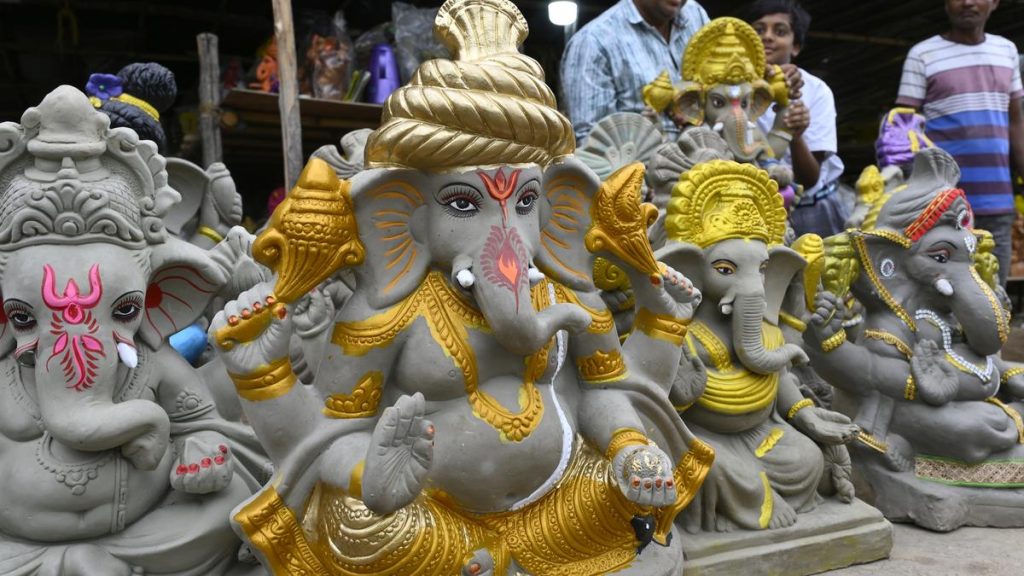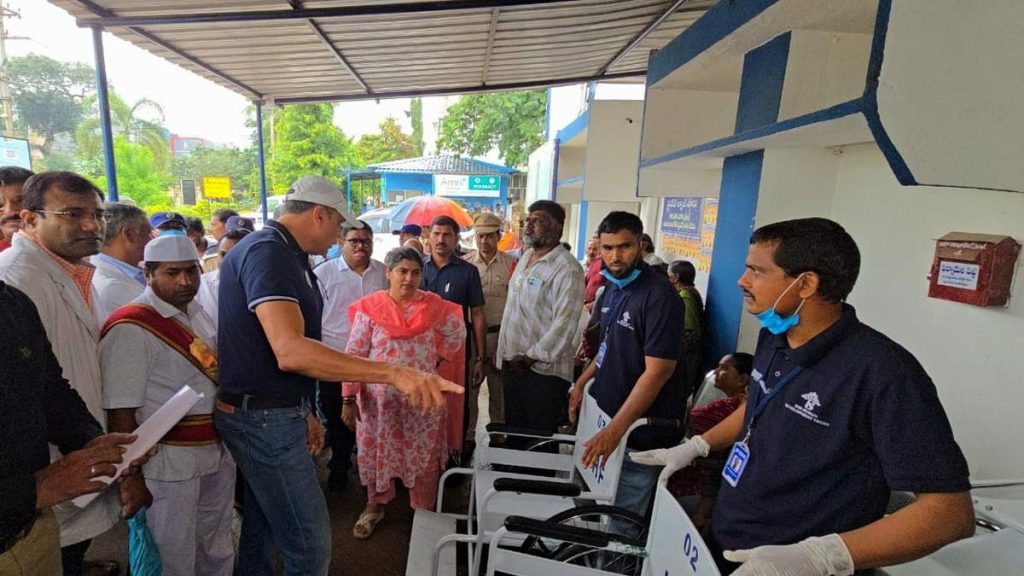Now Reading: HC Questions State on Sanction to Prosecute ADGP in Disproportionate Assets Case
-
01
HC Questions State on Sanction to Prosecute ADGP in Disproportionate Assets Case
HC Questions State on Sanction to Prosecute ADGP in Disproportionate Assets Case

Quick Summary
- the Kerala High Court questioned whether the State obtained necessary sanctions to prosecute Additional Director General of Police (ADGP) M.R. Ajith Kumar in a disproportionate assets case.
- Allegations against Mr. Ajith Kumar include illegal accumulation of wealth, unlawful timber felling from Government property, and profiting unlawfully through gold and hawala interdictions.
- These allegations were raised by former Nilambur MLA P.V. Anvar and supported by a private complaint lodged by Neyyatinkara P. Nagaraj.
- A Vigilance and Anti-Corruption Bureau (VACB) preliminary inquiry report had earlier exonerated Mr.Ajith Kumar, but a Special Court dismissed this report.
- In his plea to the High Court, Mr. Ajith Kumar claimed that the allegations are “false and baseless,” citing Supreme Court decisions being contravened in the matter.
- Justice A.Badharudeen asked if procedural mandates under Section 17A of the Prevention of Corruption Act were followed before prosecuting him.
- VACB has been directed to submit an action-taken statement; hearing is scheduled for Wednesday.
Indian Opinion Analysis
The Kerala High Court’s emphasis on procedural propriety highlights critical issues surrounding clarity in anti-corruption actions against high-ranking officials like ADGP M.R. Ajith Kumar. By raising concerns over sanction requirements under Section 17A of the Prevention of Corruption Act, the court underscored statutory safeguards designed to prevent undue or hasty targeting of government officials without proper authorization.
This case could be significant for India as it reflects ongoing efforts to balance accountability with legal protections for public servants potentially subject to politically motivated accusations or insufficient evidence-based scrutiny. Ensuring an unbiased inquiry that adheres strictly to legal protocols will be essential for maintaining public confidence in both judiciary processes and India’s anti-corruption mechanisms.
Read more: Published – August 26, 2025
























